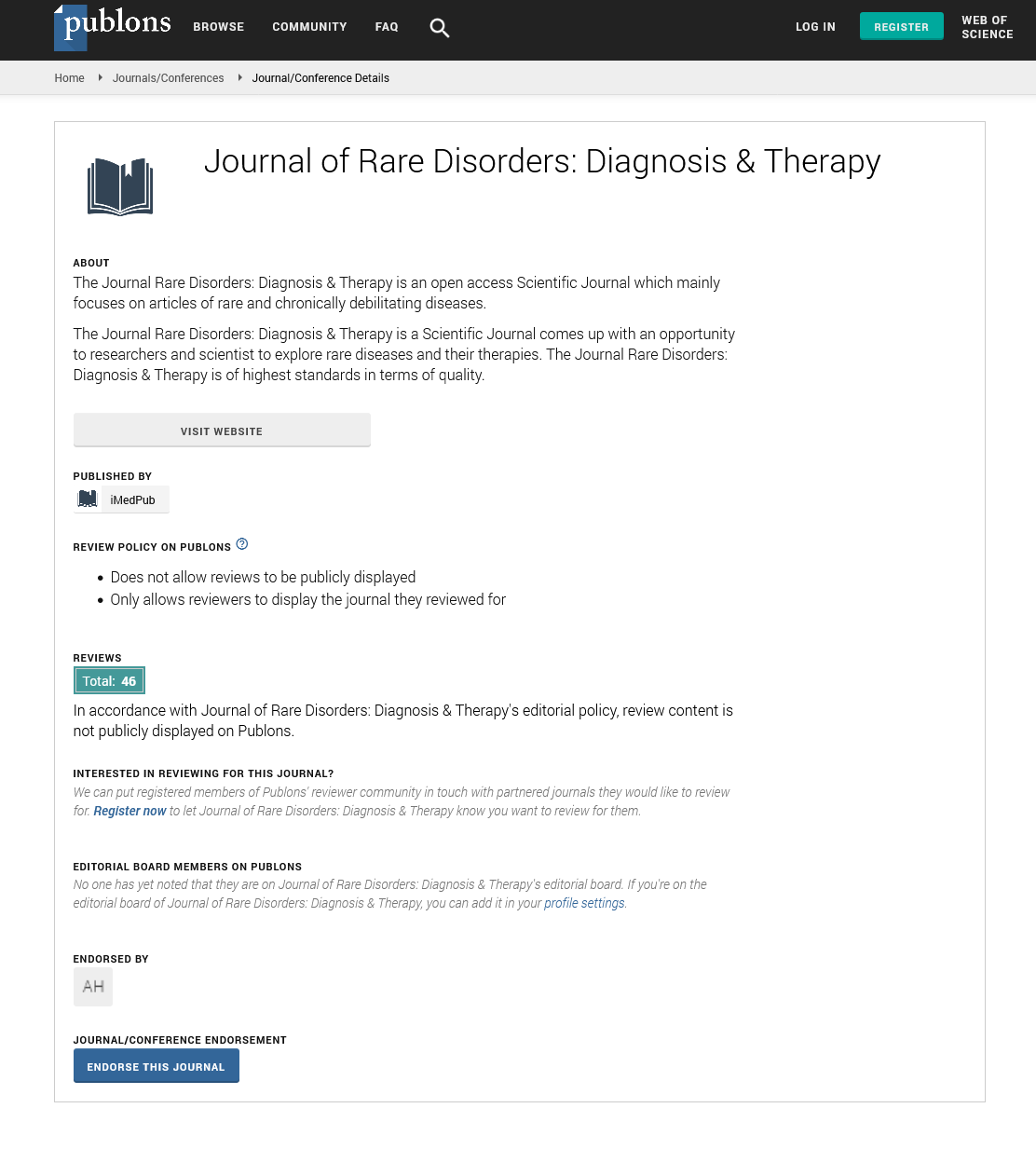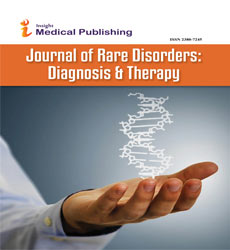Abstract
Mesalazine-Induced Cardiotoxicity
Background: Inflammatory bowel disease (IBD) which includes ulcerative colitis and Crohn’s disease can also affect other organs in the body including heart as extra-intestinal manifestation. Mesalazine is commonly used to treat this chronic inflammatory disorder and is usually well tolerated by most patients. However, there are certain situations where toxic effects of mesalazine involve heart, making it difficult to differentiate between extra-intestinal manifestation and a treatment related complication.
Aims/Objective: Main objective of this review was to determine features that can help early recognition of mesalazine-induced cardiac involvement. Moreover, relationship between mesalazine dose and occurrence of cardiotoxicity was also observed. Finally, management of this condition including role of re-challenge in these patients was evaluated.
Methods: A literature search for relevant studies of the MEDLINE database was conducted, including reported cases of mesalazine-induced cardiac involvement since 1989.
Findings: Mesalazine-induced myopericarditis usually occurs within 2–4 weeks of initial drug exposure but may be delayed due to concomitant steroid use. There does not appear to be a dose-dependent relationship. A clear improvement following discontinuation of the drug helps to make the diagnosis.
Mesalazine discontinuation and steroids are successfully used for treatment. Re-challenge usually results in recurrence of cardiac involvement. Cardiac dysfunction resolves completely with a return to previous baseline function. Thiopurines and anti-TNF therapies are used to manage inflammatory bowel disease.
Conclusions: It is very important to evaluate any patient presenting with fever, shortness of breath or chest pain within 4 weeks of initiating mesalazine for possible drug-induced inflammation. Mesalazine should be stopped immediately and patient should be treated with steroids. Inflammatory bowel disease should be managed with second line drugs including thiopurines and anti-TNF therapies.
Author(s):
Mohammad Inamul Haq, Shakeel Ahmed, Waseem Pasha and Syed Anwer Ali Zaidi
Abstract | Full-Text | PDF
Share this

Google scholar citation report
Citations : 241
Journal of Rare Disorders: Diagnosis & Therapy received 241 citations as per google scholar report
Journal of Rare Disorders: Diagnosis & Therapy peer review process verified at publons
Abstracted/Indexed in
- Google Scholar
- China National Knowledge Infrastructure (CNKI)
- Directory of Research Journal Indexing (DRJI)
- Publons
- International Committee of Medical Journal Editors (ICMJE)
- Secret Search Engine Labs
- Euro Pub
Open Access Journals
- Aquaculture & Veterinary Science
- Chemistry & Chemical Sciences
- Clinical Sciences
- Engineering
- General Science
- Genetics & Molecular Biology
- Health Care & Nursing
- Immunology & Microbiology
- Materials Science
- Mathematics & Physics
- Medical Sciences
- Neurology & Psychiatry
- Oncology & Cancer Science
- Pharmaceutical Sciences


